After three years of demonstrating global Dominican solidarity with our brothers and sisters who are working to bring hope in situations of violence and war, the Dominican Month for Peace has now become a regular part of the annual program of our Dominican Family. We started with a Latin American focus on Colombia in 2017. We then moved to an African focus on the Democratic Republic of Congo in 2018. In 2019 we moved to Asia with a focus on India. This year’s focus is on Europe, on the country of Ukraine.
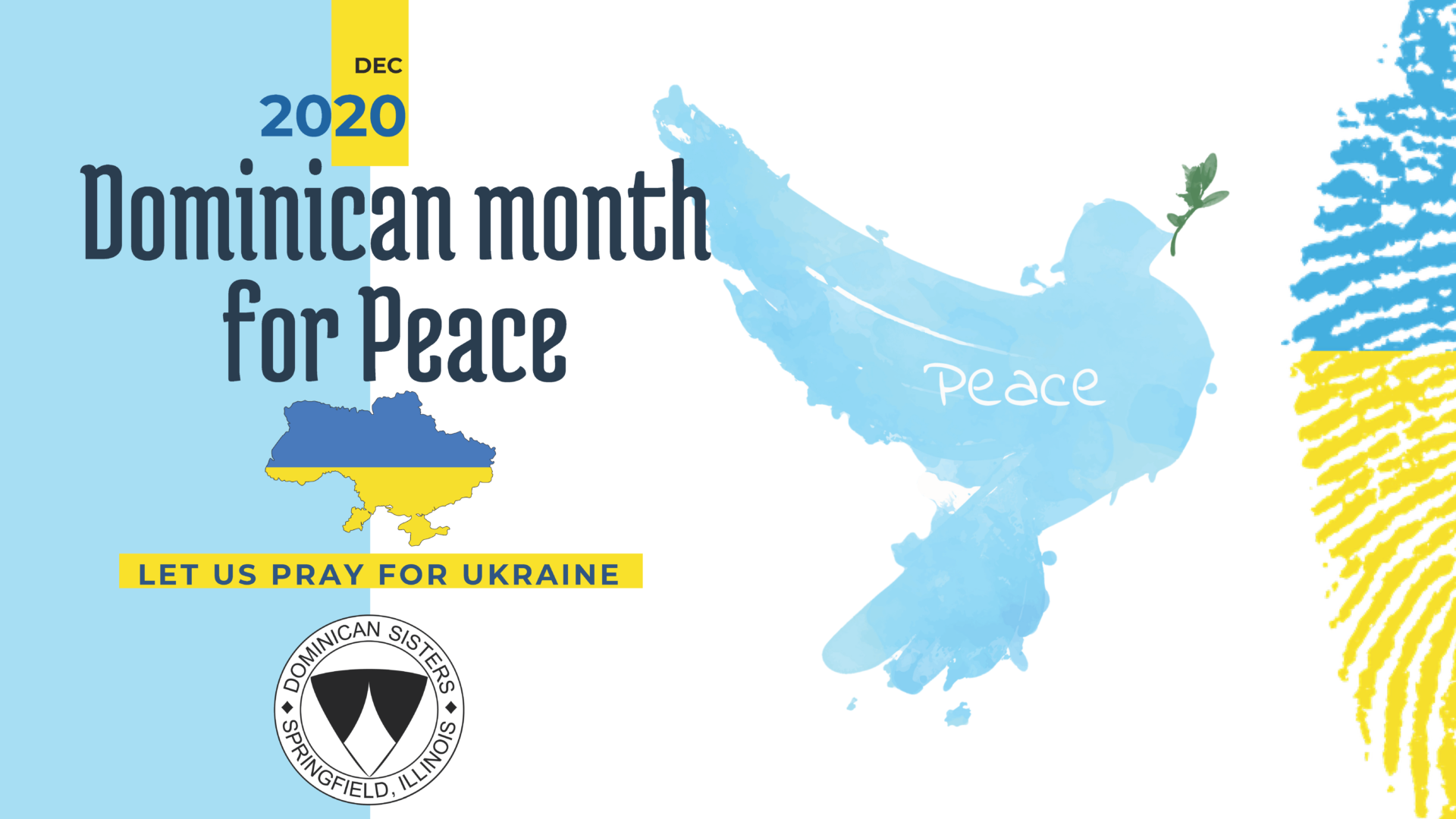
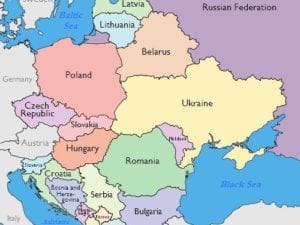
Ukraine is the second-largest country by area in Europe after Russia, with a population of about 42 million.
It, along with Moldova, is also Europe’s poorest nation. Its capital and largest city is Kyiv (Kiev). Our familiarity with Ukraine is perhaps most noted due to the nuclear incident at Chernobyl Nuclear Power Plant in 1986.
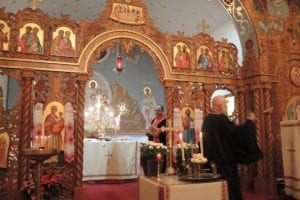 During the Middle Ages, the area was a key center of East Slavic culture. Following its fragmentation in the 13th century, the territory was contested, ruled, and divided by a variety of powers and churches, including the eastern church, western church, Russian and Greek orthodox and catholic churches, and the uniate church. In 1963, the Ukrainian Greek Catholic Church was again officially recognized. It is the largest Eastern Catholic Church in the world and has hierarchs (bishops) in over a dozen countries on four continents, including the United States.
During the Middle Ages, the area was a key center of East Slavic culture. Following its fragmentation in the 13th century, the territory was contested, ruled, and divided by a variety of powers and churches, including the eastern church, western church, Russian and Greek orthodox and catholic churches, and the uniate church. In 1963, the Ukrainian Greek Catholic Church was again officially recognized. It is the largest Eastern Catholic Church in the world and has hierarchs (bishops) in over a dozen countries on four continents, including the United States.
Ukraine gained its independence in 1991, following the dissolution of the Soviet Union. Present hostilities are the result of an unpopular 2013 presidential decision to seek closer ties with Russia. That government was overthrown, but the events formed the background for the annexation of Crimea by Russia in March 2014 and the beginning of a now six-year war in eastern Ukraine which began in April 2014. The United Nations has condemned the Russian occupation. Even in the midst of the escalation of the COVID-19 pandemic, the war with Russia and separatists still rages.
In November 2019, Ukraine became the 100th country to endorse the Safe Schools Declaration, an international political commitment to make schools safe during times of war. Despite that, between January and May 2019, attacks on schools tripled compared with the same period in 2018. Throughout six years of conflict, 147 children have been killed.
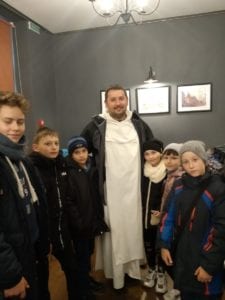
Dominicans are involved in several projects that promote peace and accompany victims of the conflict. A major concern for Dominicans in Ukraine is the youth. One project in particular needing prayer and financial support is the St. Martin de Porres Center in Fastiv, which, for many years, has been caring for socially disadvantaged children: orphans, street children, sick children and children from disadvantaged families. Since the start of hostilities in eastern Ukraine, the Center has adopted more than 220 children from the combat zone, offered them psychological and spiritual support, and giving them an opportunity to recover in a safe environment.
The first Dominicans arrived in Kyiv in the early thirteenth century. In 1635 a convent of Dominican Sisters was founded. The Dominican Province of Rus, an administrative unit within our Order once included much of today’s Russia and Ukraine and existed until the end of the Second World War. At that time, many Dominicans were expelled from the Soviet Union. Others were executed, sometimes entire communities. During the Soviet period, a few Polish Dominicans came secretly to these lands to serve the people, who desperately needed pastoral care.
Beginning in 1993, the Order officially returned to Ukraine, and then also to Russia, and formed the General Vicariate of Saint Michael the Archangel. Today, there are six Dominican residences of friars in Ukraine. Dominicans have established the Thomas Aquinas Institute, organized student chaplaincies and an orphanage, rebuilt several churches and chapels, and run their own publishing house, Kairos.
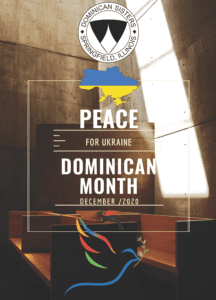 As the Order strives to rebuild the Dominican communities that once existed on these lands, with their rich spiritual and historical legacy, the Dominicans in Ukraine never lose sight of our essential mission: to serve the People of God as preachers, chaplains, and teachers. They want to be, once again, an integral part of the Ukrainian society and to nourish the cultural and scholarly life of the region. As Dominicans, they are eager to engage in honest dialog with all people of good will, following the example of Saint Dominic and guided by God’s compassionate hand.
As the Order strives to rebuild the Dominican communities that once existed on these lands, with their rich spiritual and historical legacy, the Dominicans in Ukraine never lose sight of our essential mission: to serve the People of God as preachers, chaplains, and teachers. They want to be, once again, an integral part of the Ukrainian society and to nourish the cultural and scholarly life of the region. As Dominicans, they are eager to engage in honest dialog with all people of good will, following the example of Saint Dominic and guided by God’s compassionate hand.
Suggested Intercessory Prayer (for Eucharist, Morning and Evening Prayer, Private Prayer)
That we become more aware of Ukraine, the people, and their struggles so that we might grow in solidarity with them.

